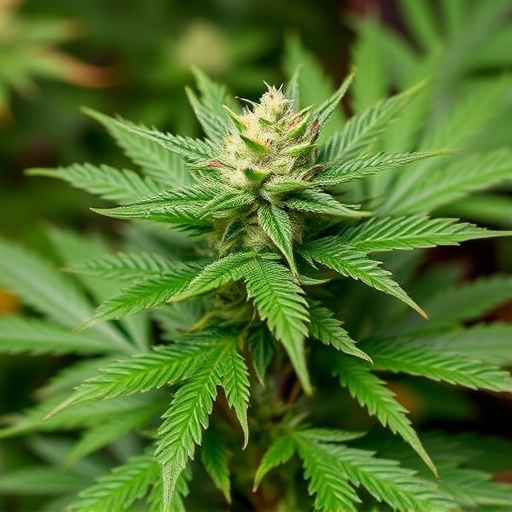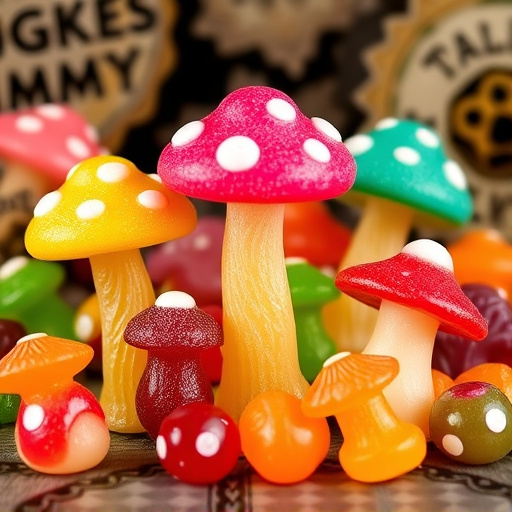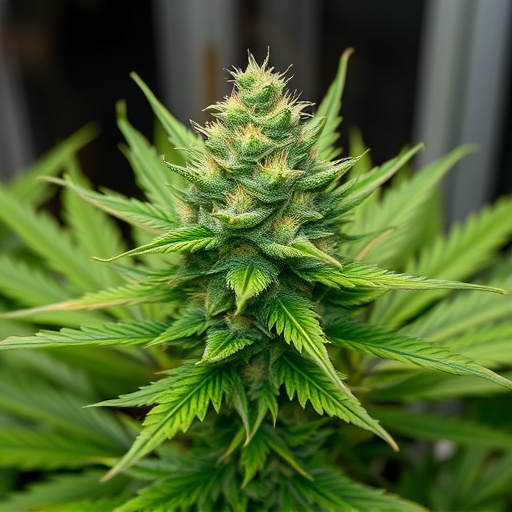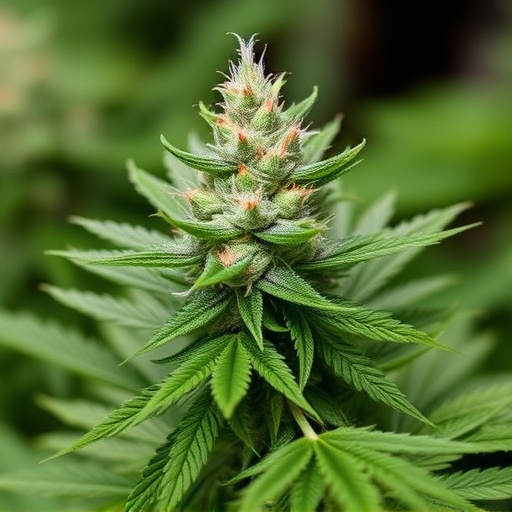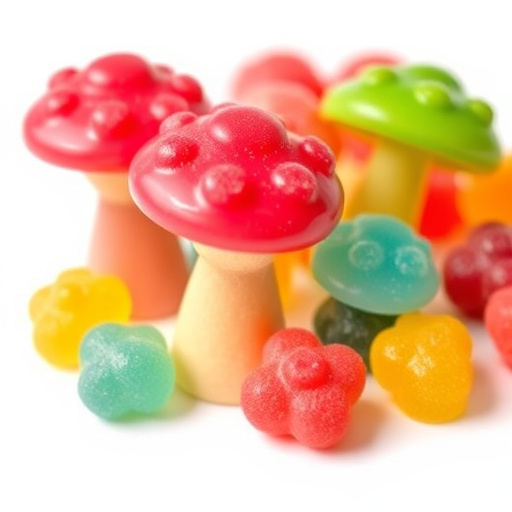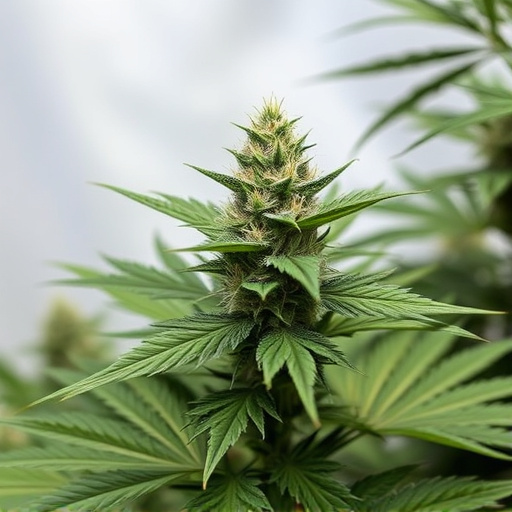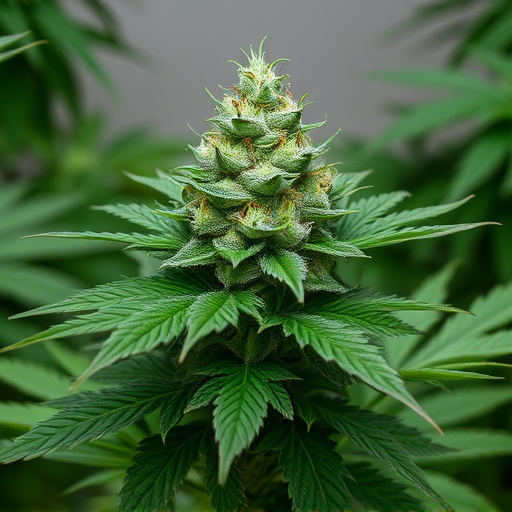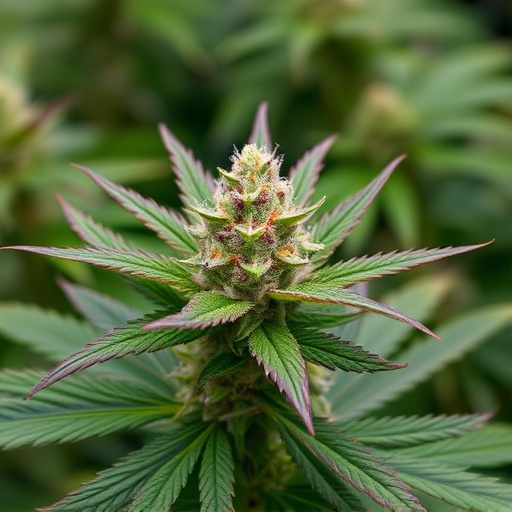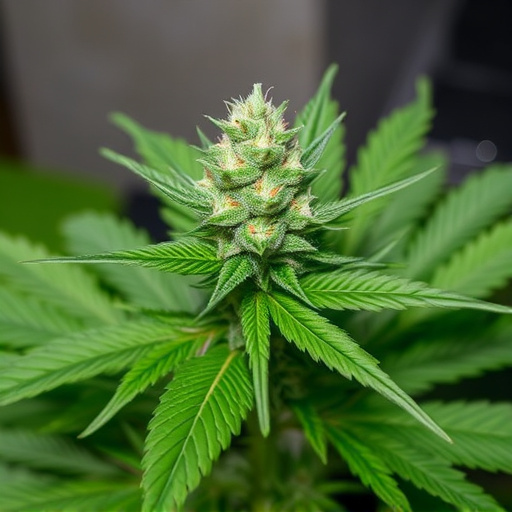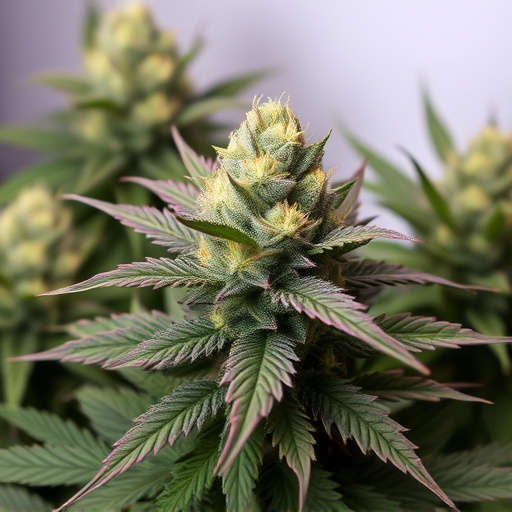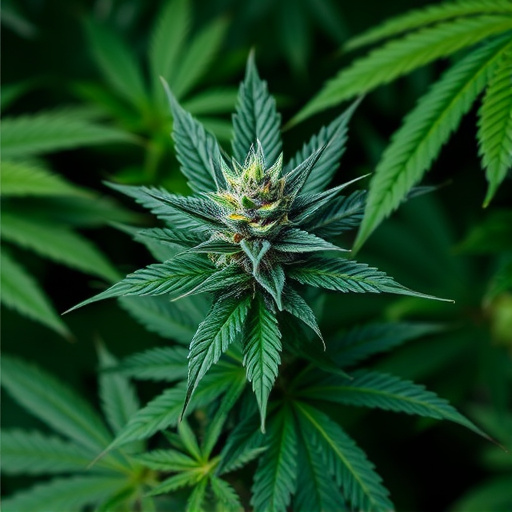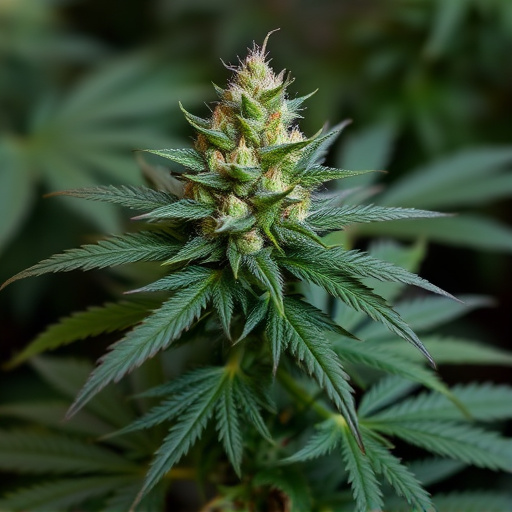Cannabis overdoses can trigger PTSD in susceptible individuals, with high-potency strains exacerbating symptoms. Understanding the connection between cannabis and PTSD is crucial for recovery. Lower THC, CBD-rich strains or specific varieties like Sativa and Indica offer therapeutic benefits, aiding focus, relaxation, and sleep. Indica dominant strains, such as Granddaddy Purple or AFG, are recommended for calming effects during treatment. Consulting healthcare professionals ensures safe strain selection and dosage for effective PTSD management alongside overdose recovery.
Experience a cannabis overdose? Don’t panic. It’s more common than you think, but recovery is achievable. This guide explores how to navigate post-overdose symptoms, focusing on alleviating PTSD-related stress and anxiety. Discover the best cannabis strains designed for calming nerves and promoting relaxation. Learn effective recovery strategies, from mindfulness techniques to professional support options. Remember, knowing when to ask for help is crucial in managing potential long-term effects.
- Understanding Cannabis Overdoses and PTSD
- Choosing the Right Cannabis Strains for Relief
- Recovery Strategies and When to Seek Professional Help
Understanding Cannabis Overdoses and PTSD
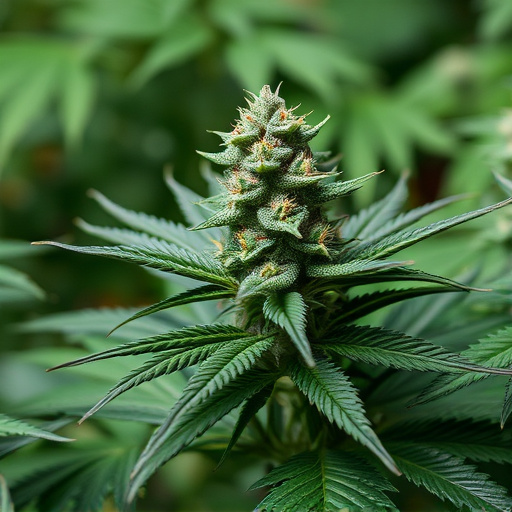
Cannabis overdoses, while rare, can occur and are often characterized by an intense and potentially terrifying experience. Unlike traditional overdoses with clear physical symptoms, cannabis-induced intoxication may manifest as a range of psychological and emotional reactions. Post-Traumatic Stress Disorder (PTSD) is one such outcome that has gained attention in recent years. Research suggests that high-potency cannabis strains can exacerbate existing mental health conditions, including PTSD. Individuals suffering from PTSD may be particularly susceptible to cannabis-induced flashbacks, anxiety, and traumatic memories.
Understanding the relationship between cannabis and PTSD is crucial for those looking to recover from an overdose. Cannabis strains with higher THC content are often linked to more severe reactions in individuals with pre-existing mental health concerns. As such, seeking out lower THC strains or cannabis products that focus on therapeutic CBD levels may be beneficial for those recovering from a cannabis overdose and striving to manage PTSD symptoms.
Choosing the Right Cannabis Strains for Relief
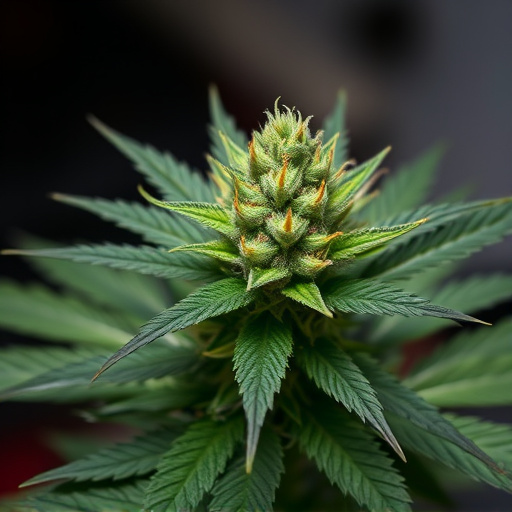
When seeking relief from PTSD, it’s crucial to understand that not all cannabis strains are created equal. The right strain can significantly enhance therapy and coping mechanisms. Sativa strains, known for their uplifting and energetic effects, can be beneficial for maintaining focus during therapy sessions and managing anxiety symptoms. Indica, on the other hand, is renowned for its calming and sedative properties, making it ideal for nighttime use to promote relaxation and improve sleep quality—a common challenge for individuals dealing with PTSD.
For those specifically looking for cannabis strains for PTSD, many patients find relief in high-CBD, low-THC varieties. Cannabidiol (CBD) has gained significant attention for its potential therapeutic effects on mental health conditions without the intoxicating effects of tetrahydrocannabinol (THC). Strains with a balance of CBD and THC, or those focusing predominantly on CBD, can offer a soothing experience while minimizing any unwanted psychotropic side effects.
Recovery Strategies and When to Seek Professional Help
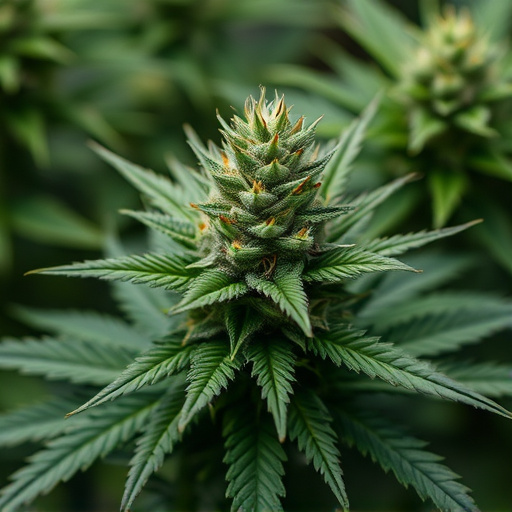
Recovery Strategies
The initial step in recovering from a cannabis overdose is to ensure physical safety and comfort. This may involve moving to a calm, familiar environment and staying hydrated. While some mild symptoms like anxiety or paranoia are common, severe reactions necessitate urgent attention. If symptoms persist or worsen, it’s crucial to seek medical help immediately. Professional healthcare providers can monitor vital signs, manage discomfort, and provide necessary support.
For those dealing with post-traumatic stress disorder (PTSD), specific cannabis strains known for their calming and anti-anxiety properties can aid in recovery. Indica dominant strains like Granddaddy Purple or AFG (Afghani) are popular choices due to their potential to promote relaxation and sleep, which are vital for managing PTSD symptoms. However, it’s essential to consult with a healthcare professional or cannabis specialist to determine the best strain and dosage tailored to individual needs. They can guide the process, ensuring safe and effective recovery strategies without exacerbating existing conditions.
In navigating the complexities of cannabis consumption, understanding overdoses and their potential impact on mental health, especially PTSD, is paramount. By choosing the right cannabis strains for relief and employing effective recovery strategies, individuals can manage symptoms and promote healing. If you or someone you know experiences severe reactions or ongoing mental health struggles, seeking professional help is crucial for a safe and successful recovery. Remember, with the right approach, it’s possible to turn challenges into opportunities for improved well-being.

